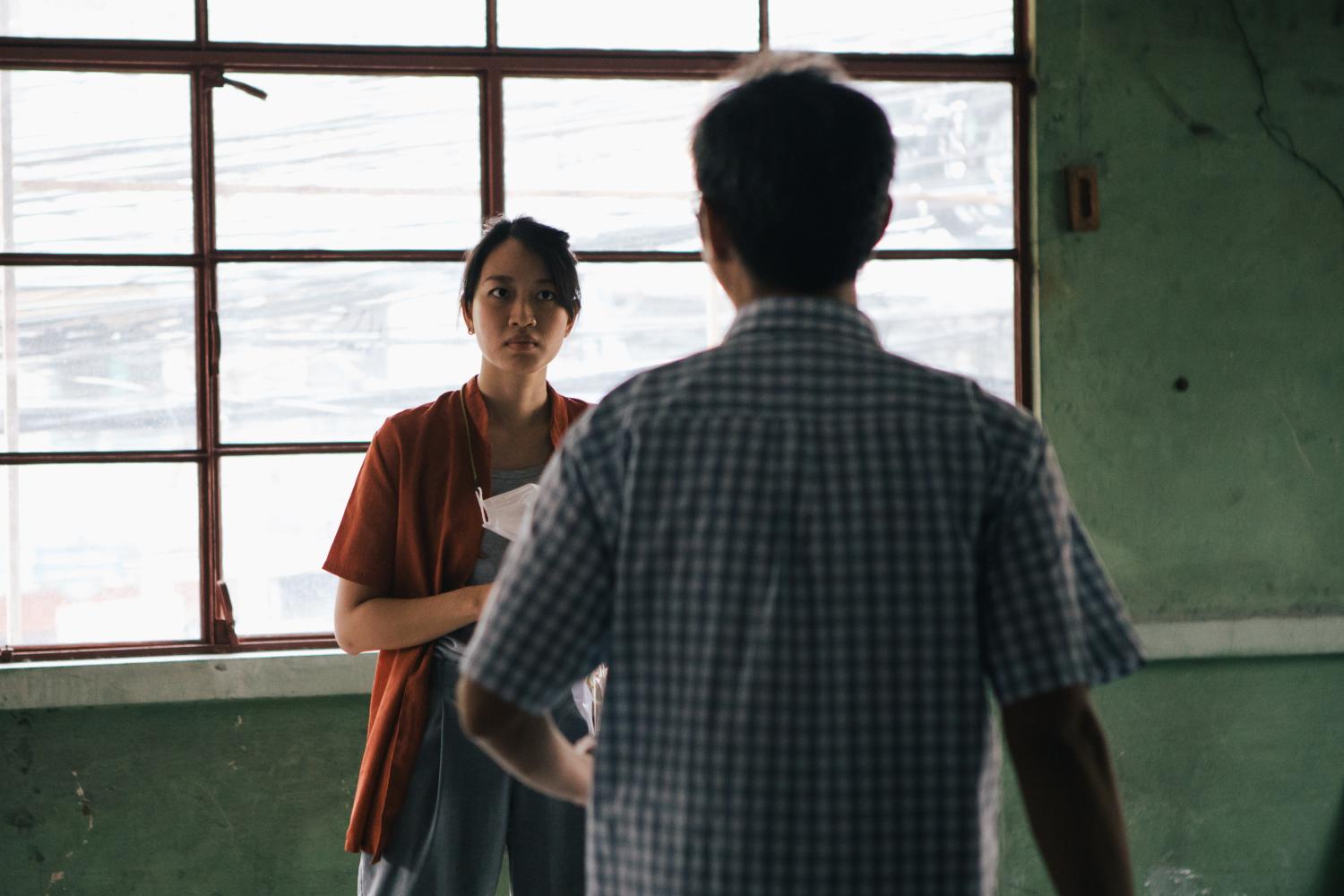Showing 1 - 10 of 17
The Last Supper?
Life, Amitha Amranand, Published on 16/06/2022
» It's no surprise that as Covid restrictions are easing around the world, people are seeking new experiences to pluck themselves from mundanity, and to see, touch, smell and taste things in ways that awaken them. Why sit inside a theatre when you can walk around an art space or a neighbourhood while stories are spoken into your ears? Why only eat in cafes and restaurants when you can do that and watch a scene of a play unfold? Why dine in a restaurant when you can dine in an old airplane and participate in strange, semi-religious rituals?
Performance in the wild
Life, Amitha Amranand, Published on 26/05/2022
» For Kok Heng Leun, memories of Pulau Ubin, an island northeast of mainland Singapore, go as far back as when he was a teenager.
A stroll through nostalgia and hope
Life, Amitha Amranand, Published on 21/04/2022
» After the first Covid lockdown in Thailand in 2020, the first performance that brought Bangkok theatregoers back to the physical space was Fullfat Theatre's Save For Later. At that time, the number of cases in Thailand was at a negligible level, and the idea of physical distancing and other pandemic measures were still a novelty. These inconveniences and constraints inspired and pushed theatre artists to experiment and create. Digital technology had a large presence in live performances back then, even in on-site ones.
The evolution of khon
Life, Amitha Amranand, Published on 22/04/2021
» Choreographer Jitti Chompee's ongoing khon project, which includes Melancholy Of Demon, a dance performance that I reviewed earlier this month, is supported by the Ministry of Culture and departments and offices under its umbrella. This is a surprising level of governmental support granted to a contemporary dance artist who wants to do not-so-genteel things with khon and the character of Tossakan. I still remember how in 2006 the Ministry of Culture reportedly forced Somtow Sucharitkul to change the scene in his opera Ayodhya that depicted the death of Tossakan (Ravan in the opera version) onstage, a practice that is considered a bad omen in Thailand.
Keeping theatre alive
Life, Amitha Amranand, Published on 27/05/2020
» How do you prove to the government you're a theatre artist? When large gatherings are banned and theatres are closed and your work deemed non-essential, how does that affect your income ? Or does it? Are you eligible for the government relief fund Rao Mai Ting Kan then? Is theatre-making a job in Thailand to begin with?
Who's the hero here?
Life, Amitha Amranand, Published on 28/03/2019
» Scene Zero's Shogo Tanikawa emerges with another play about outsiders. While last year's 4 Seasons draws sensitive and convincing portraits of Thai immigrants in Japan, this year's Hero gives us characters that are either blurry or just plain ludicrous.
Passionate, but ultimately superficial
Life, Amitha Amranand, Published on 21/09/2017
» There is no shortage of passion and potential in the new Thai-language musical, 21¾, about the dreams and struggles of urbanites in their early 20s.
The ambiguity that obscures
Life, Amitha Amranand, Published on 16/02/2017
» One of my favourite poets, Billy Collins, said once: "I think clarity is the real risk in poetry because you are exposed. You're out in the open field. You're actually saying things that are comprehensible, and it's easy to criticise something you can understand."
Redressing history
Life, Amitha Amranand, Published on 24/11/2016
» Two new plays have examined the notion of 'justice'. One digs into the political history of Chile and Thailand, the other takes us inside an American jury room
Going through the grieving process
Life, Amitha Amranand, Published on 09/06/2016
» On the Thai stage, we rarely get to see domestic scenes with nuanced emotional conflicts. No sooner does tension begin to form than it is resolved by a comedic means. In our everyday life, too, Thais prefer to avoid discussion of our emotions. Most Thais don't spend hours in therapy sessions every week. Our first instinct is not to seek out professional help to fix our psychological health.













